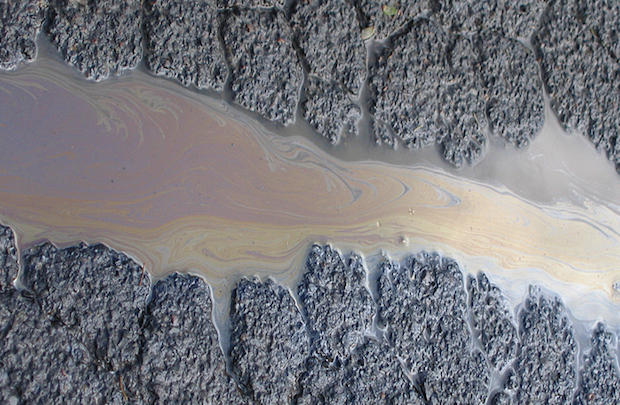Want To Clean Up An Oil Spill? There Are Some Microbes Looking For A Meal
BY ARIEL SCHWARTZ
After the initial shock of last year's Gulf oil disaster passed, it quickly became apparent that the oil had somehow disappeared--on the surface, at least. Dispersants helped break up some of the larger plumes, sure, but that doesn't entirely explain why the surface oil slick in the Gulf seemed to disappear just three weeks after the disaster. Researchers from the Woods Hole Oceanographic Institute think they have the answer: hungry bacterial microbes.
Scientists have known for some time that certain bacteria enjoy a good meal made out of oil. But after studying samples from the slick and its surrounding waters, the Woods Hole researchers discovered that bacterial microbes inside the slick were devouring the oil a whopping five times faster than microbes outside the Gulf slick. And strangely enough, there was no increase in microbes inside the slick, leaving the researchers to wonder what the microbes did with all the excess energy gained from chowing down on oil (you would except more microbes to breed as a result of all the available oil).
The researchers were also surprised that the microbes consumed so much oil in the first place, since necessary nutrients for the oil-eaters--like phosphorous and nitrogen--were lacking in the oil slick and surrounding waters.
The scientists' big fear, of course, is that oil companies will take this information and use it to allay fears about future oil disasters ("We can spill all the oil we want into the ocean because it's just feeding the microbes"). But Terry Hazen, a microbial ecologist with the Lawrence Berkeley National Laboratory, questioned just how well these microbes break down oil in an interview last year: "Now, did they degrade every single component of the oil? It's doubtful. And there could be some long-term effects from some of these very, very low concentrations. We don't know. That remains to be seen."
The Woods Hole researchers also explain that molecules from the broken-down oil could still find its way into food webs, both offshore and in shoreline areas. So while the oil may appear to be gone, little bits of it could have toxic consequences.
Still, it's a comforting thought and a sure source for innovation--if bacterial microbes can at least partially help clean up our massive man-made disasters, what can we learn about how to speed up, mimic, or augment that process in preparation for the next big oil spill?
[Image: Flickr user faceless b]
Reach Ariel Schwartz via Twitter or email.EL SCHWARTZ
No comments:
Post a Comment